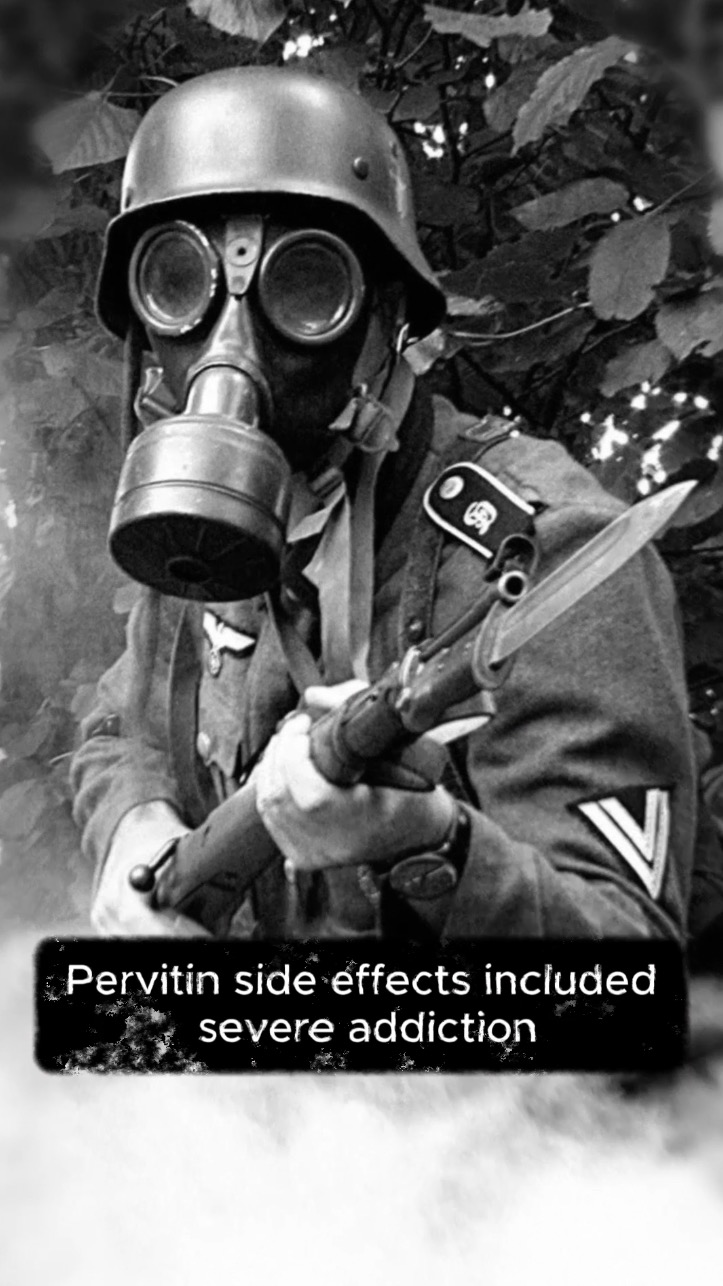World War 2 was a global conflict that pushed human limits in many ways. Including the physical and psychological stamina of soldiers on the front lines.
While stories of bravery and sacrifice abound, a darker aspect of this era’s history involves the use of Pervitin, a powerful methamphetamine, by German soldiers.
This video and blog post explores the use of Pervitin in WWII and its implications on the war effort, soldiers’ health, and the long-term consequences.
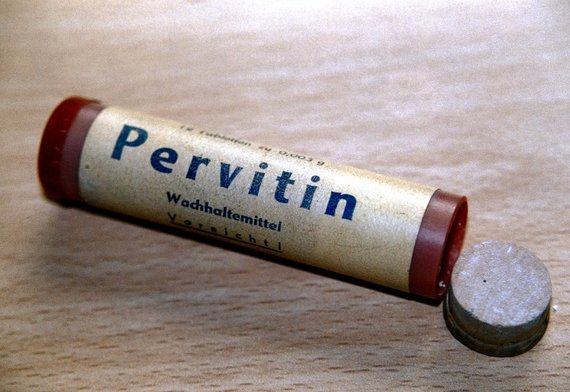
The Rise of Pervitin
Pervitin, also known as methamphetamine, was developed by the German pharmaceutical company Temmler in the 1930s. It was initially marketed as a treatment for various ailments, including depression, asthma, and even the common cold.
However, its stimulant properties soon attracted the attention of the German military.
In the early stages of WWII, the Wehrmacht, the German armed forces, began experimenting with Pervitin to enhance the performance and endurance of their soldiers.
This drug, which came in the form of small, easily transportable tablets, was believed to boost alertness, decrease the need for sleep, and increase confidence.
Pervitin on the Battlefield
German soldiers were issued Pervitin as part of their standard kit, especially on the Eastern Front, where harsh conditions and extended combat demanded high levels of endurance.
The drug allowed soldiers to march longer distances without fatigue and remain alert during extended battles. It also increased feelings of invincibility, leading soldiers to take greater risks.
One of the most famous instances of Pervitin use was during the Blitzkrieg in the early stages of the war. Soldiers, including tank crews and infantry, were often heavily reliant on Pervitin to maintain their strength and alertness during the rapid advances through Europe.
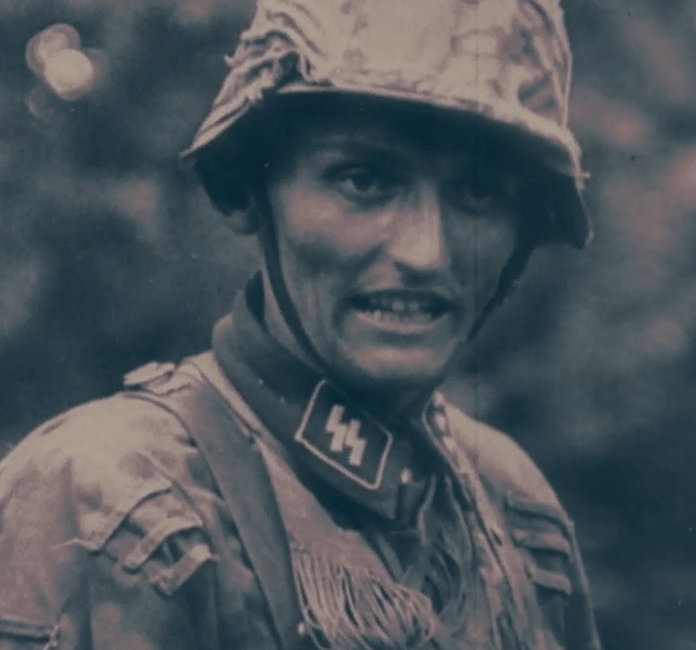
The Dark Side of Pervitin
While Pervitin seemed like a miraculous solution for the grueling conditions of war, it came at a significant cost. The drug’s side effects included extreme nervousness, irritability, paranoia, and hallucinations.
Over time, prolonged usage led to addiction and severe physical and psychological health problems.
The Impact on Soldiers
After World War II, Pervitin’s destructive effects became apparent, and it was banned in most countries. The substance would eventually re-emerge as street methamphetamine and lead to widespread addiction problems in the post-war years.
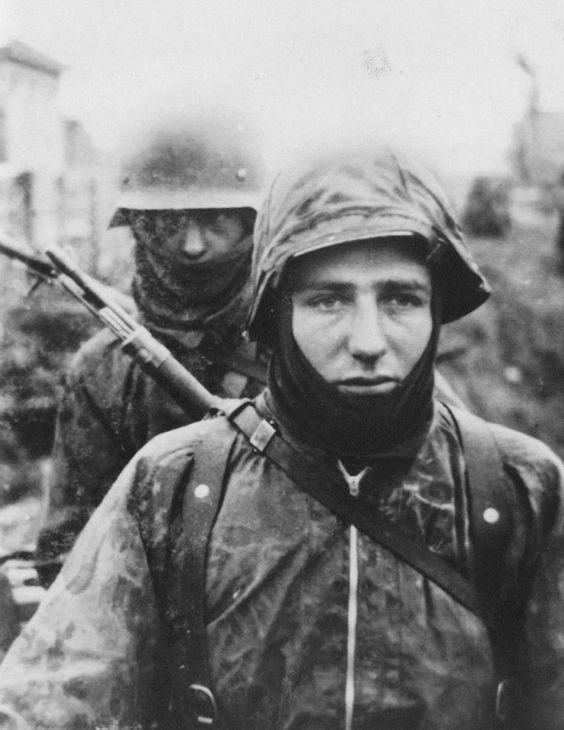
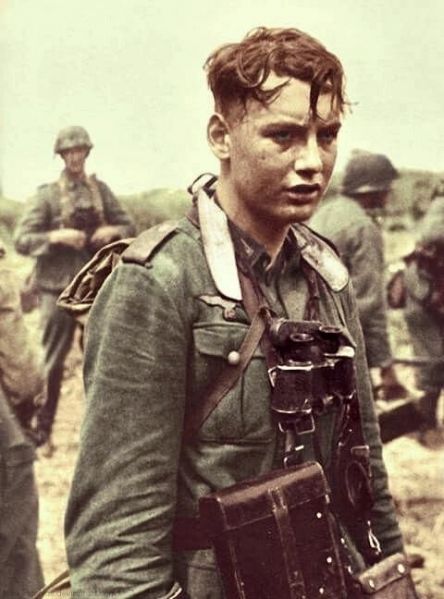
Pervitin and it’s Legacy
The use of Pervitin by German soldiers in World War II is a dark chapter in military history. While it temporarily provided a boost in endurance and alertness, it came at the high price of addiction, long-term health problems, and psychological trauma.
Pervitin serves as a cautionary tale of the ethical and physical costs of using stimulants in combat and a reminder of the devastating consequences of wartime choices.
It highlights the importance of considering the well-being of soldiers and the ethical ramifications of military drug use in future conflicts.

